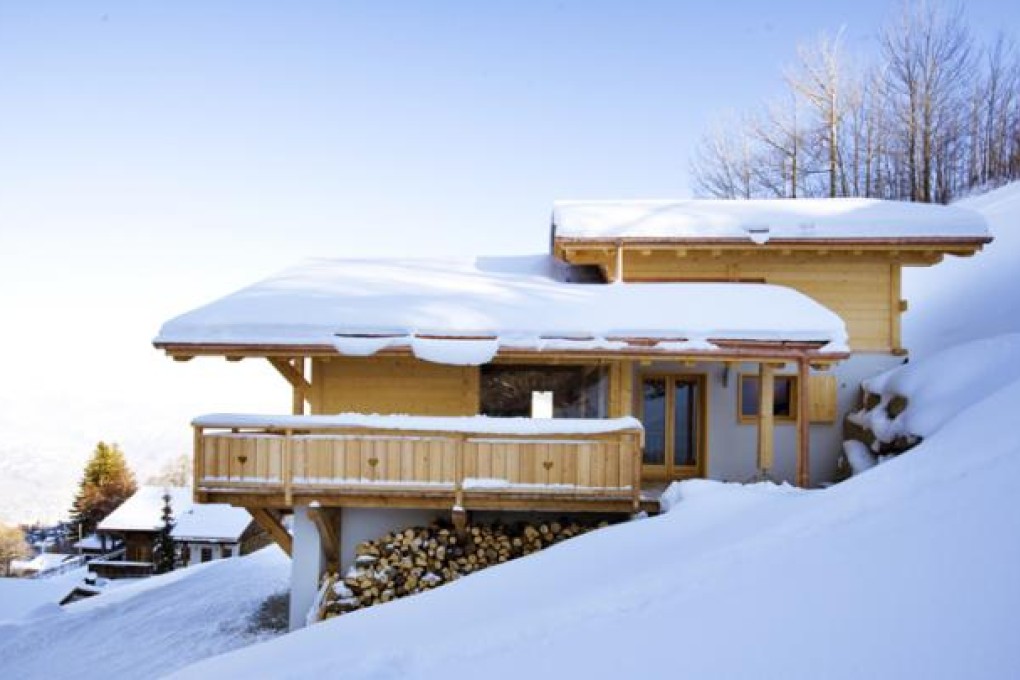Hideaway holidays
Exclusive shared-ownership deals unlock a world of luxury properties without the hassle, writes Liana Cafolla

It's 1am in Hong Kong when your phone rings. It's the tenant in your holiday home in Switzerland saying the heating isn't working and can you please arrange for an engineer to come immediately. At times like these, it's easy to wonder if buying that dream apartment that you end up using for only two weeks a year was really a good idea.
The downside of owning a second home overseas is the unwelcome reality of having to deal with maintenance from abroad. It's an aspect of ownership that can dishearten many owners of second homes in other countries, says Tim Murphy, founder and CEO of property investment and management company IP Global.
'It's a big part of our business,' he says. 'Ninety-five per cent of our clients who buy with us, use us to do all the leasing and everything. What people hate is a leaky tap in London and a 3am phone call and a GBP50 (HK$600) call-out fee.'
Those considering a second home abroad should visit the area and make sure that it is what it appears to be, he advises. 'And secondly, if it's anywhere reasonably exotic, speak to a lawyer and make absolutely sure that you can own it in your own name or in joint names,' he says.
Buyers are often swayed by the aesthetics, but deciding to buy a property abroad requires a level-headed look at the legalities.
'I always tell people not to be too emotional about it. First of all understand, can I own this thing? What are the legal ramifications in this country? Can an English person, can a Chinese person buy a beach property in Thailand or in Bali or whatever? Almost entirely, you cannot.
'In most of these markets you can't actually own physical freehold property. You certainly can't in Thailand and you can't in Indonesia, which are two very popular lifestyle markets. It's all very well getting something that you like the look of, but is it ever going to be really yours and how easy is it going to be to sell it?'